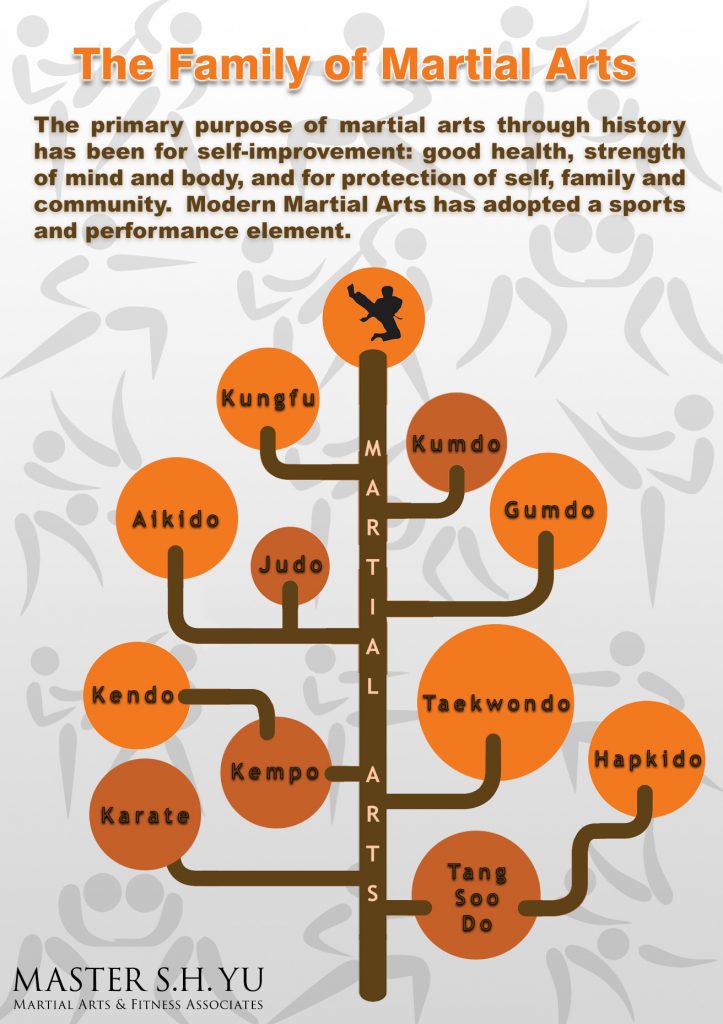The Worldwide Background And Makeover Of Martial Arts
The Worldwide Background And Makeover Of Martial Arts
Blog Article
Web Content Author-Wilcox Odonnell
Martial arts have a remarkable history that covers centuries and continents. You might find it intriguing just how ancient practices like Shuai Jiao and Kalaripayattu prepared for modern-day fight strategies. These disciplines not only highlight physical abilities however additionally mirror the societies that birthed them. As you discover their evolution, take into consideration how globalization has actually transformed these standard forms into hybrid styles. What impacts do you assume have formed today's martial arts landscape?
Ancient Martial arts: The Structures of Fight
As you explore the globe of old martial arts, you'll find the abundant structures that formed fight strategies throughout cultures. Early practices focused on Self-Defense and survival, usually including strikes, grappling, and weaponry.
In combat krav maga near me , for example, strategies like Shuai Jiao highlighted tosses and joint locks, while India's Kalaripayattu showcased dexterity and liquid activity. Japanese samurai developed Kenjutsu, a refined swordsmanship that highlighted self-control and approach.
These martial arts offered not just for battle but likewise as a means of individual development, instilling worths like respect and willpower. The mixing of these methods gradually prepared for the diverse martial arts you see today, each mirroring the unique philosophies and requirements of its society.
The Cultural Influence on Martial Arts Advancement
While martial arts frequently reflect the functional requirements of a culture, they additionally symbolize the cultural worths and ideas of their origins. When you check out different martial arts, you'll notice exactly how they're influenced by religion, ideology, and social standards.
For example, the focus on regard and discipline in Japanese martial arts originates from Zen Buddhism and samurai culture. On the other hand, Brazilian Jiu-Jitsu promotes flexibility and technique, formed by the need for performance in a varied, multicultural atmosphere.
https://www.wowt.com/2023/04/27/nate-diaz-surrenders-after-brawl-lawyer-says-he-acted-self-defense/ may find that the rituals, attires, and training approaches show a community's background and identity. By recognizing these social impacts, you deepen your recognition of martial arts and their role in shaping human experiences around the world.
Modern Adaptations and the Globalization of Martial arts
Martial arts have transformed substantially in current years, adapting to contemporary culture and global impacts. You'll notice that typical forms have mixed with contemporary methods, producing hybrid styles like MMA. These adaptations deal with varied audiences, making martial arts easily accessible and attractive globally.
With the increase of social networks and electronic systems, you can find tutorials and competitions from all corners of the globe, breaking geographical obstacles. This globalization has actually brought about a shared appreciation for numerous techniques, from Brazilian Jiu-Jitsu to Taekwondo.
As you engage with these arts, you'll realize they're not nearly fight; they promote health and fitness, discipline, and mental health.
Inevitably, contemporary adaptations have actually enriched the martial arts landscape, making it a vibrant and evolving method.
Final thought
In checking out the history and evolution of martial arts, you uncover a remarkable blend of strategies, societies, and approaches. From old disciplines like Shuai Jiao and Kalaripayattu to the contemporary flexibility seen in mixed martial arts, martial arts show humankind's pursuit for Self-Defense and individual development. As you engage with these methods, you not only get skills yet likewise a much deeper recognition for the varied customs that shape our globe today. So, proceed your trip and accept the art of battle!
